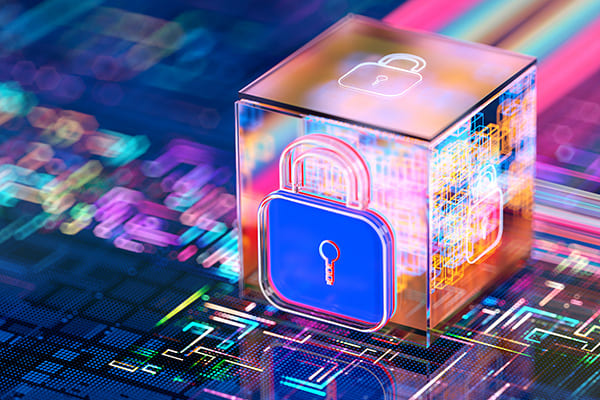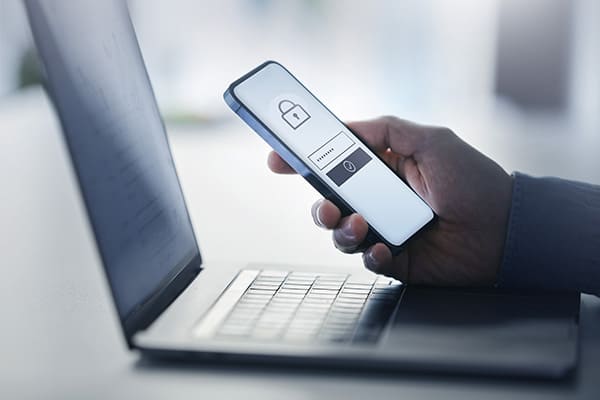In a world increasingly focused on digital security, Signal has stood out as a reliable option for those seeking private communications. Its end-to-end encryption has attracted both ordinary users and government officials, including high-level figures in the United States. What makes Signal so appealing in a context of growing concern for privacy and the protection of sensitive data?
What is Signal and how does it work?
Signal is a messaging application that stands out for its robust encryption system. Unlike other platforms, on Signal messages, calls and video calls are end-to-end encrypted by default, which means that only the sender and the recipient can access them. This feature is especially valuable for those who handle sensitive information, such as activists, security professionals, journalists and even governments.
The app not only allows you to send texts, but also to make secure calls and video calls. In addition, messages can self-destruct after a certain period of time, adding an extra layer of privacy. Signal is completely free, without ads, and is maintained by a non-profit organization, which guarantees that there are no commercial interests behind the collection of data or the sale of information.
Encryption: Signal’s advantage over other apps
Encryption is the cornerstone of Signal. Unlike other apps such as Telegram, which require encryption to be configured manually, Signal activates it by default, making it a more secure option without the need for additional settings. Furthermore, Signal does not collect or store personal data from its users, unlike applications such as WhatsApp, which, despite using encryption, is owned by Facebook and could be subject to its data and marketing policies.

The use of Signal in government and its implications
Signal has recently gained notoriety due to its use by Trump administration officials. One incident involved National Security Advisor Mike Waltz, who accidentally included a journalist in a Signal chat about military plans in Yemen, exposing sensitive details. This highlighted the importance of following proper protocols when handling confidential information. In addition, Waltz and his team were found to be using personal Gmail accounts for official business, raising further concerns about the handling of government data.
Innovations and future challenges
Signal is not limited to messaging; it has also started to offer private payments using the cryptocurrency MobileCoin, reinforcing its commitment to privacy. Furthermore, in the face of the threat of quantum computing, the app has updated its encryption protocol to guarantee the security of communications in the long term. With these innovations, the company remains at the forefront of digital privacy, adapting to new technological challenges.
Continue your professional training
The Master’s Degree in Strategic Management in Telecommunications provides the skills needed to lead in an environment where security and digital privacy are essential. This program prepares students to face current technological challenges, improving their ability to implement innovative strategies in telecommunications and advance their careers in a constantly evolving sector.
Source: What to know about Signal, the app used by Trump officials to text war plans
The encrypted messaging application Signal allows private payments to be made with MobileCoin
‘Sloppy, reckless’: Waltz use of Signal, Gmail revives concerns about White House communications

